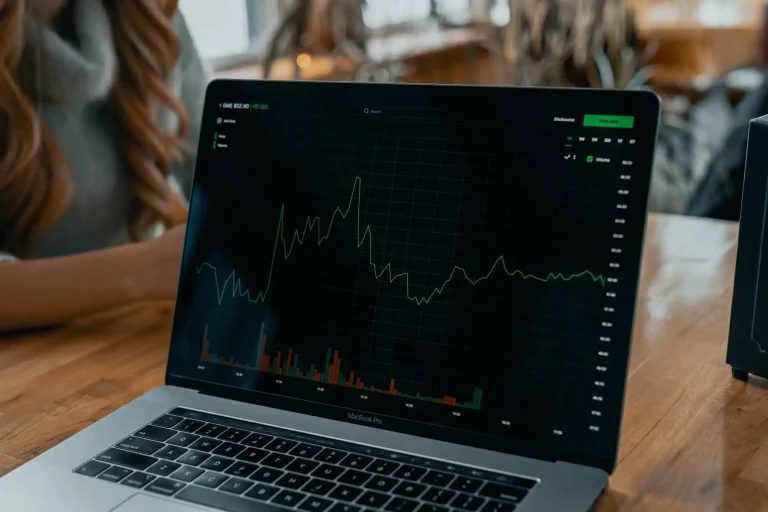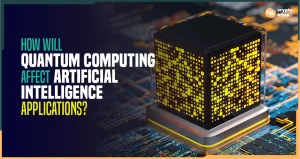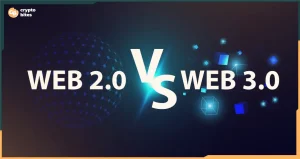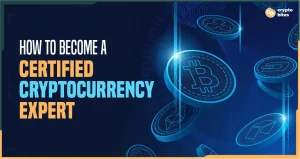
How crypto could revolutionize the music industry
By now, you’ve probably heard of NFTs, even if only in the context of celebrities spending stupid amounts of money on them.
But there’s a lot more to them than just hype.
NFT stands for “non-fungible token” and the technology that makes them possible is potentially game-changing.
You can turn pretty much anything into an NFT through a blockchain process called “minting.” Minting is sort of like signing an original painting or registering a car – more or less, it’s proof of authenticity and ownership all rolled into one.
Once you’ve turned a real or digital asset into an NFT, you can put it up for sale, usually in exchange for cryptocurrency.
If it does manage to sell, the blockchain will then create a digital paper trail that automatically authenticates and records the purchase.
A new contract is then created every time it’s bought or sold, so it can always be traced back to the original owner and hence verified as being the real deal.
But why are musicians so excited about NFTs?
Remember, minting makes it possible to make an NFT out of anything. It could be anything from a picture or GIF to a concert ticket or even real estate.
Musicians, of course, are super hyped because now it’s possible to sell songs, records, and other music-related merchandise in NFT form.
This has the potential to completely turn the music industry on its head by offering musicians a way to cut out the middle man. It’s more or less doing for creators the same thing that crypto has for traditional finance.
When you take a look behind the scenes of the traditional music industry, it’s easy to see why artists are so stoked.
According to Rolling Stone, the average musician up until now has typically only taken home 12% of their own music sales. 12 measly percent.
With that in mind, it’s no surprise that the average pop star would jump at the chance to cut out record labels and release their music directly to fans.
A new way to buy music
The cool thing about NFTs is that you can take a piece of content and release it as a single token or mint it into an entire batch or collection.
You also have the option to retain the original copyright of the content itself, kind of like how artists still hold the rights to their songs even if you buy them on iTunes.
NFTs even let you decide whether or not you want to collect royalties on any future content sales, which could be a big deal for musicians in itself.
Back in the days of CDs, artists made money the first time their records sold, but that was pretty much it. A single CD could be bought and sold at used music shops ten times, but the artist would only profit off of the original sale.
By releasing their music in NFT format instead, now artists could get a percentage every time their music changes hands.
What’s in it for the fan?
Okay, so all this sounds pretty great for musical artists. But rest assured that there are also plenty of cool perks for fans on the horizon.
NFTs give musicians and bands a way to interact with their fans far more directly than ever before.
For instance, last year the heavy metal band Avenged Sevenfold released a 10,000 NFT collection called Deathbats Club.
But these weren’t just your average digital collectibles because each “deathbat” also came with its own unique perk. Some were things like care packages, while others included free concert tickets for life or unlimited meet and greets with the band.
Each of the perks was randomly generated, so you never knew which you were going to get until you had claimed a deathbat for your own.
In the future, other bands will no doubt release similar collections that come with everything from access to exclusive merchandise to VIP access to their Metaverse concerts (cause apparently, that’s a thing now.)
Some artists are already taking things further and introducing the ultimate fandom opportunity.
Musicians like Nas and The Chainsmokers are actually giving NFT-owning fans a chance to earn a percentage of the royalties of their own music. Now, instead of making record labels rich, artists may be able to start sharing their wealth directly with their fanbases.
While you’ve always been able to invest in your favorite companies on the stock market, it looks like you may soon have the option to invest in your favorite music instead.
This is also a nice win-win for up-and-coming bands. After all, who wouldn’t take to social media to promote the living hell out of a band if they knew they stood to earn money from their success?
While NFTs are still relatively new, they stand a real chance at completely transforming the face of music once more artists start to realize their implications.
Sources
https://www.forbes.com/sites/leeorshimron/
https://www.musicbusinessworldwide.com/
https://splice.com/
https://www.rollingstone.com/pro/news/music-artists-make-12-percent-from-music-sales-706746/
https://www.forbes.com/sites/quentinsinger/




